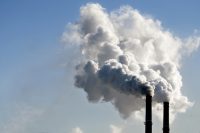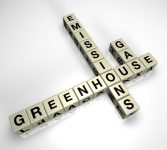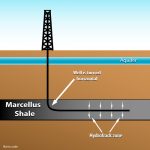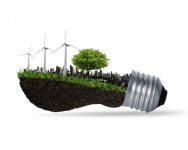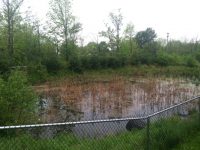10 Things to Know About the GHG Reporting Program—Part 2
10 Things to Know About the GHG Reporting Program—Part 2 6) Facility owners and operators, not the EPA, are responsible for determining the facility’s “Designated Representative.” According to the Environmental Protection Agency (EPA), when facilities covered by the GHG Reporting rule have more than one person sharing responsibility for reporting, “the greenhouse gas reporting rule […]

